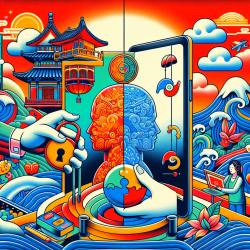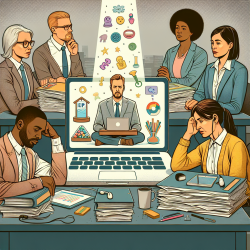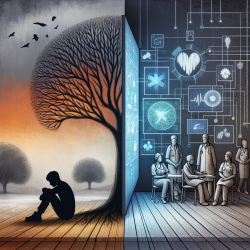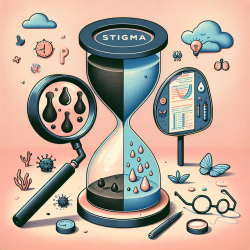Understanding Cultural Shifts in Bipolar Disorder Treatment in China
As speech-language pathologists, our focus is often on communication disorders, but understanding broader mental health issues like bipolar disorder can significantly enhance our practice. A recent study titled Heartache of the State, Enemy of the Self: Bipolar Disorder and Cultural Change in Urban China provides fascinating insights into how cultural changes in China are influencing the treatment and perception of bipolar disorder.
Key Findings from the Study
The study, conducted in Shenzhen, China, highlights a generational shift in how individuals perceive and manage bipolar disorder. Older generations, who grew up during the Maoist era, tend to attribute their mental health issues to external circumstances, while younger generations, influenced by post-Mao individualism, often internalize blame and responsibility for their condition.
Implications for Practitioners
Understanding these cultural dynamics is crucial for practitioners working with Chinese populations or in multicultural settings. Here are some actionable insights:
- Tailor Your Approach: Recognize the cultural background of your patients. For older patients, consider exploring external factors contributing to their condition, while for younger patients, focus on building self-compassion and reducing self-blame.
- Promote Cultural Sensitivity: Educate yourself and your team about cultural influences on mental health to provide more empathetic and effective care.
- Encourage Further Research: The study underscores the importance of ongoing research into how cultural changes affect mental health. Encourage colleagues to engage in or support research initiatives.
Why This Matters
As practitioners, our goal is to create positive outcomes for our patients. By understanding the cultural contexts that shape mental health perceptions and treatment, we can offer more personalized and effective interventions. This study is a reminder of the dynamic interplay between culture and mental health, urging us to continually adapt and refine our approaches.
To read the original research paper, please follow this link: Heartache of the State, Enemy of the Self: Bipolar Disorder and Cultural Change in Urban China.










